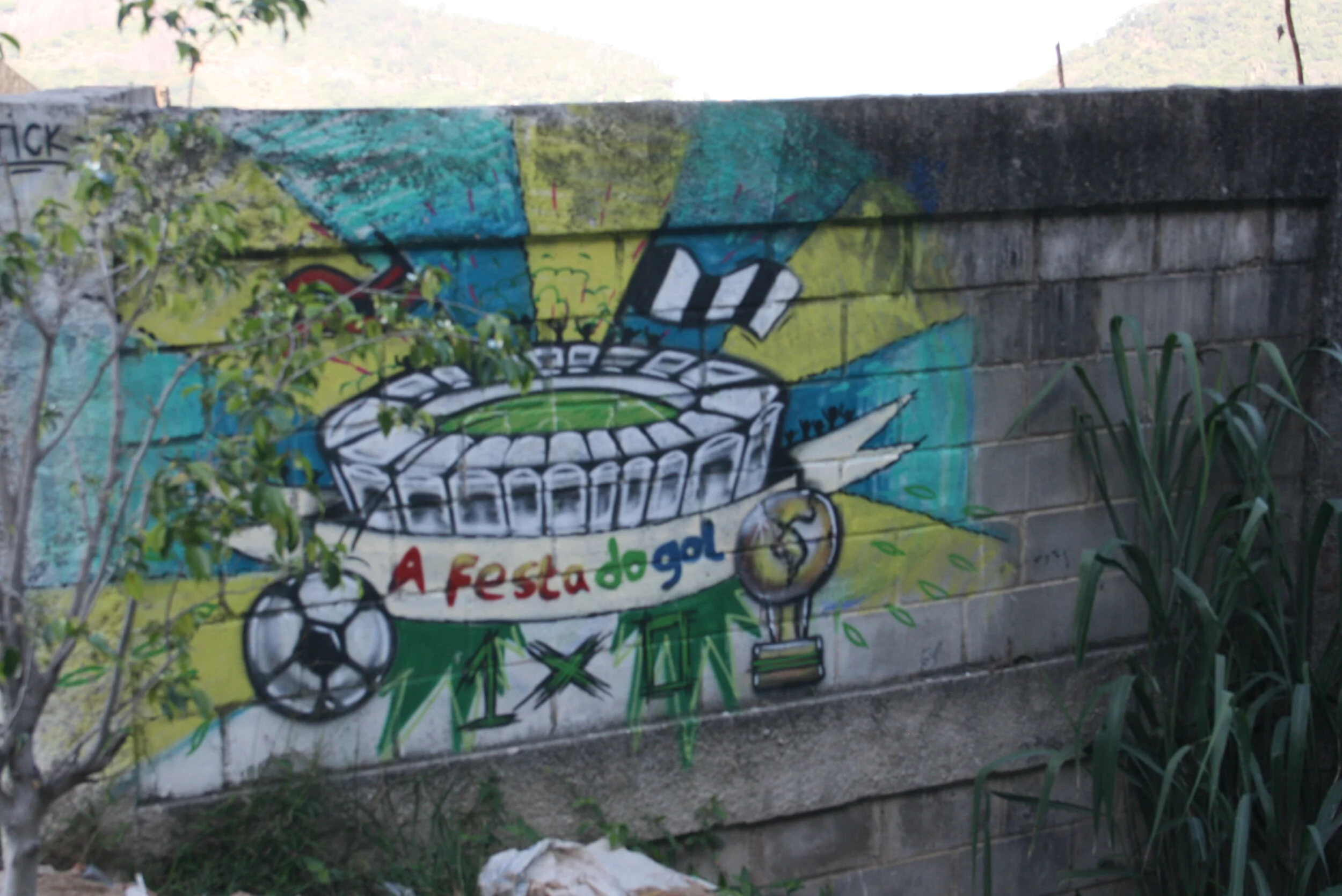Smartpolicing & Haitian migrants in Brazil, BBC World Service
With One World Media funding I was able to travel to parts of Brazil during the 2014 World Cup to highlight stories on the fringes.
The first piece I filed for BBC Click focussed on a 'smart policing' project being run in Rio de Janeiro’s favelas by the Igarapé Institute in collaboration with the military police, aimed at minimising conflict between the police and favela residents. It involves using a mobile app to monitor and track police movements. Listen here
I also travelled to the remote Amazonian state of Acre, where I met some of the tens of thousands of Haitians who entered Brazil to seek work. Following the devastating earthquake of 2010, many were given humanitarian visas - and many more were still arriving on their own account - in order to find jobs in Brazil's booming economy. But attitudes towards them are mixed. Here’s a piece I filed for From Our Own Correspondent.
